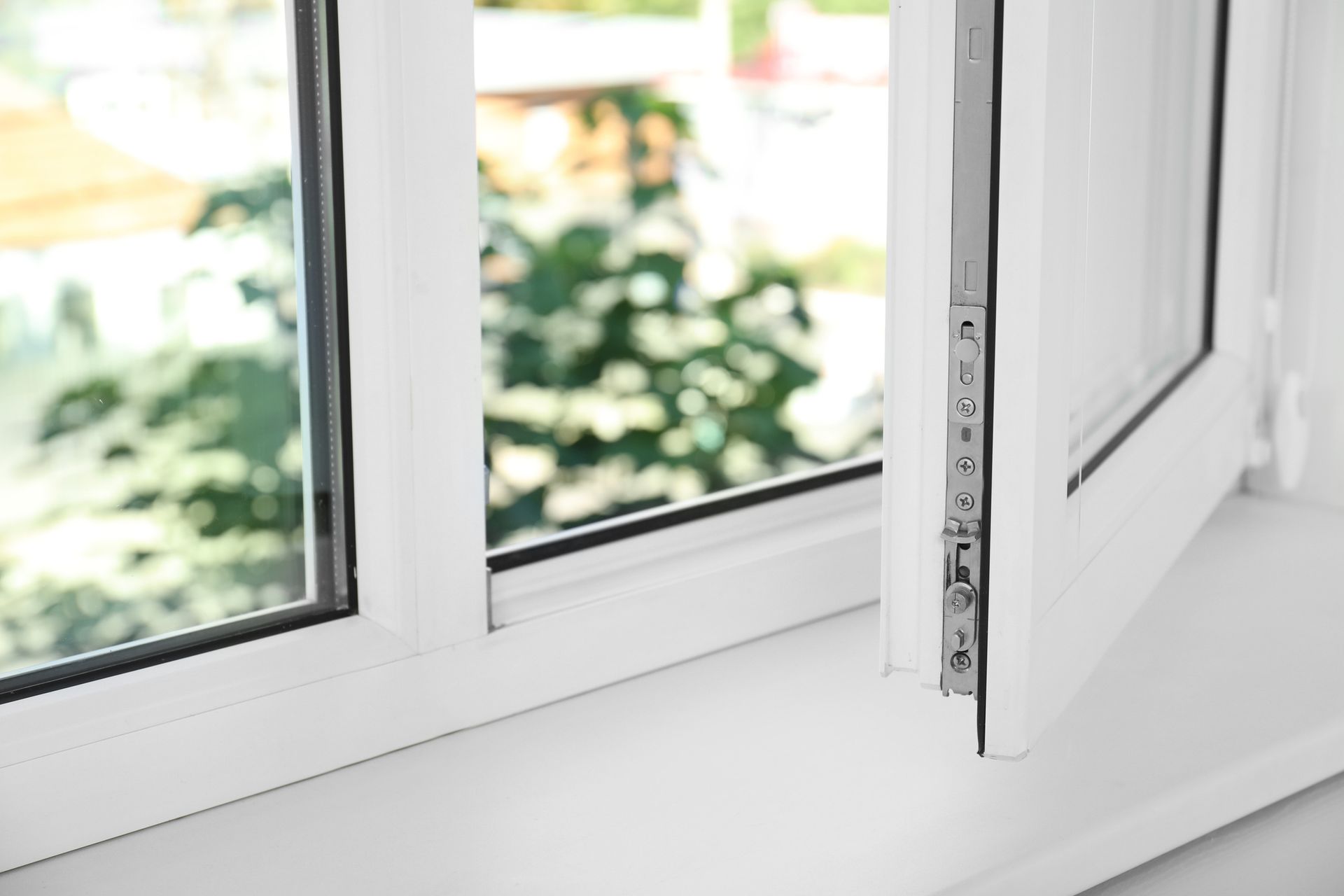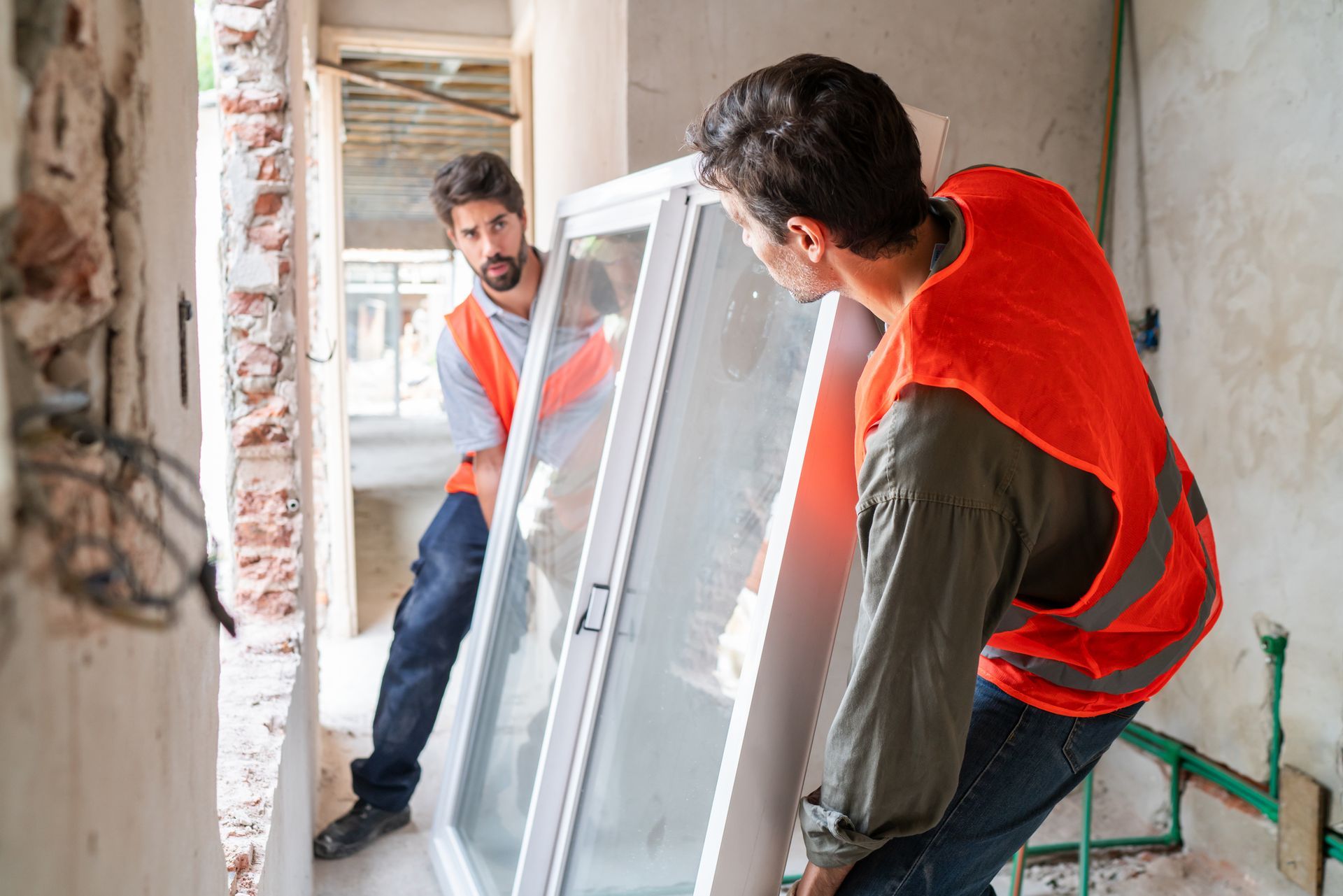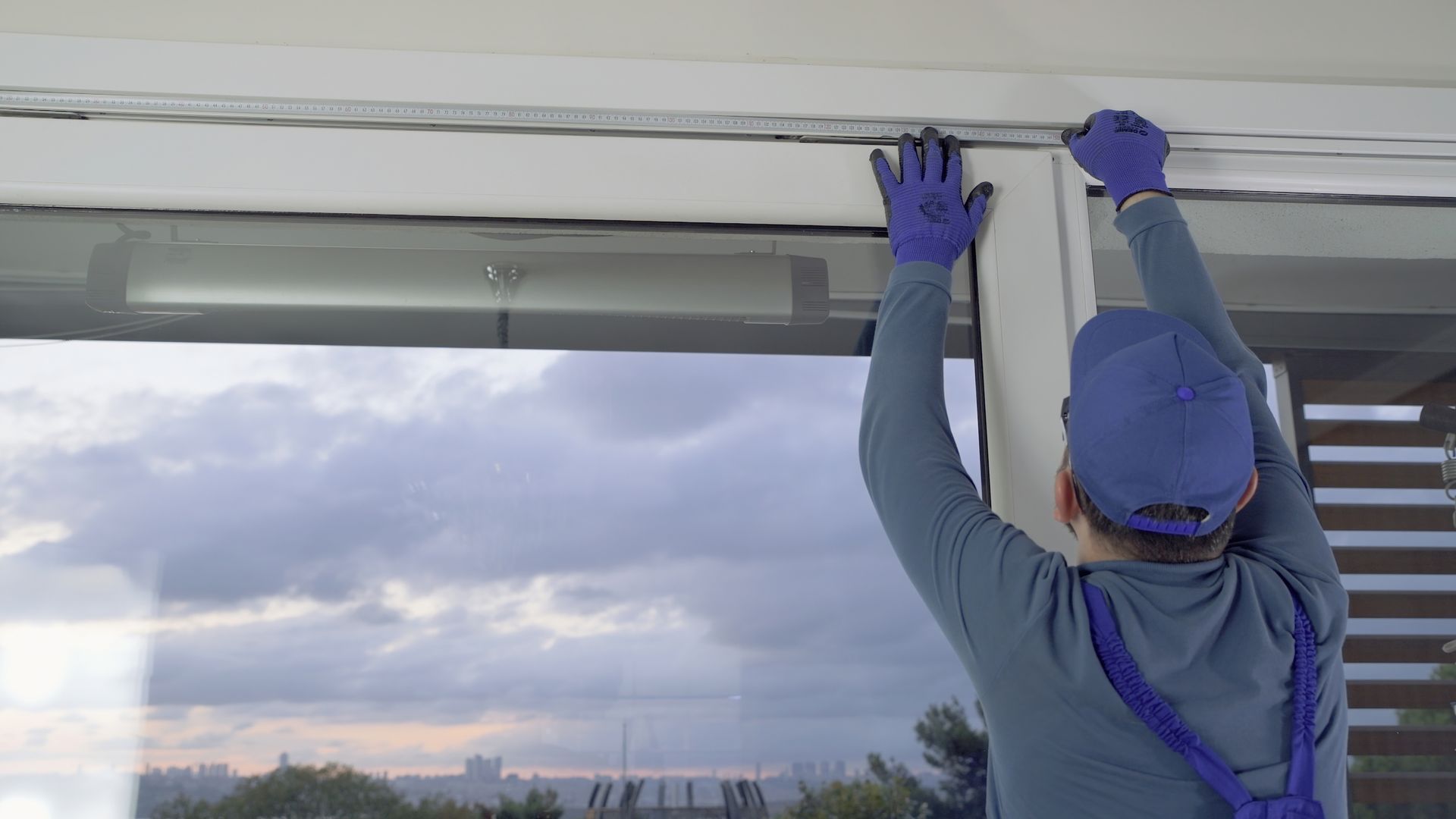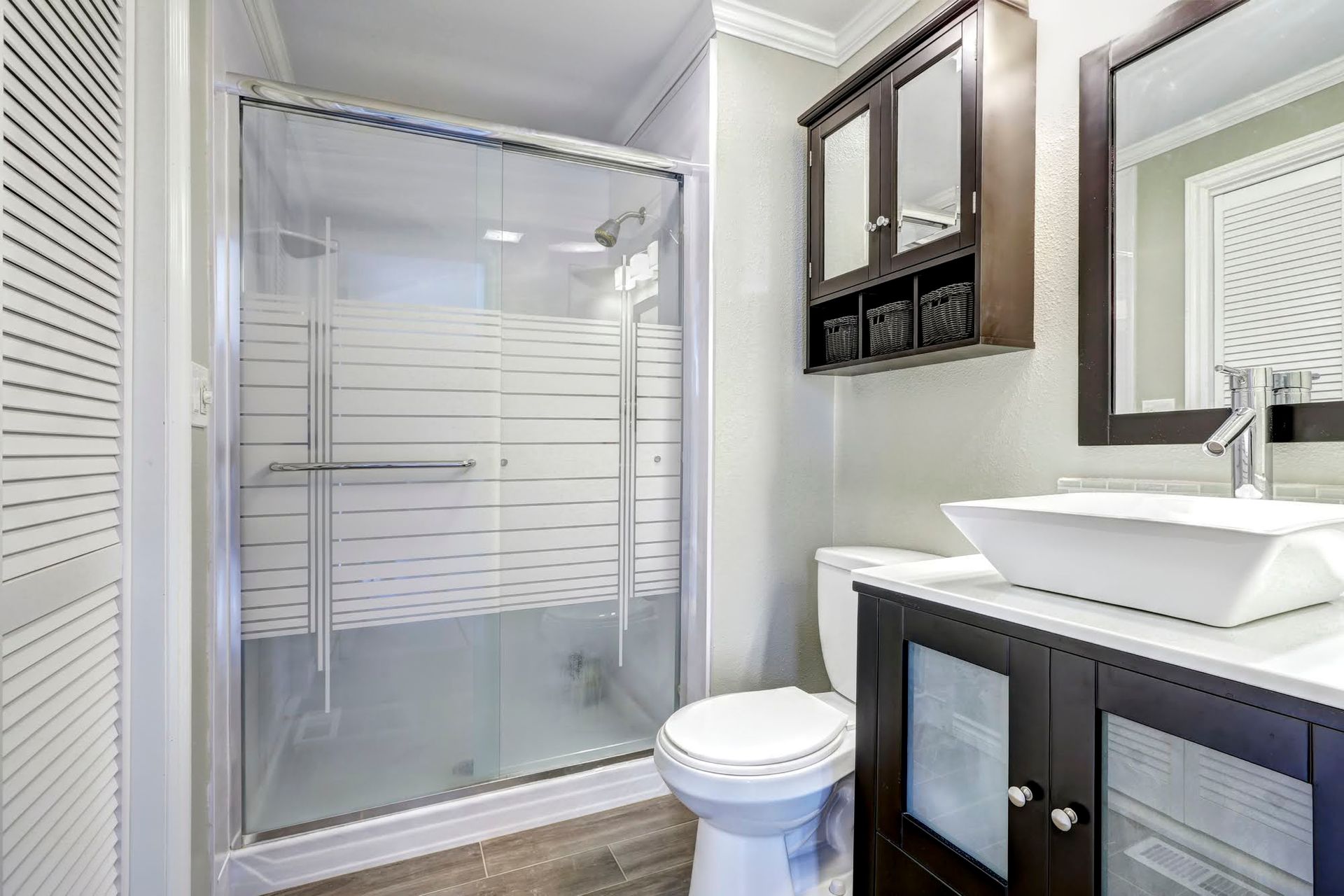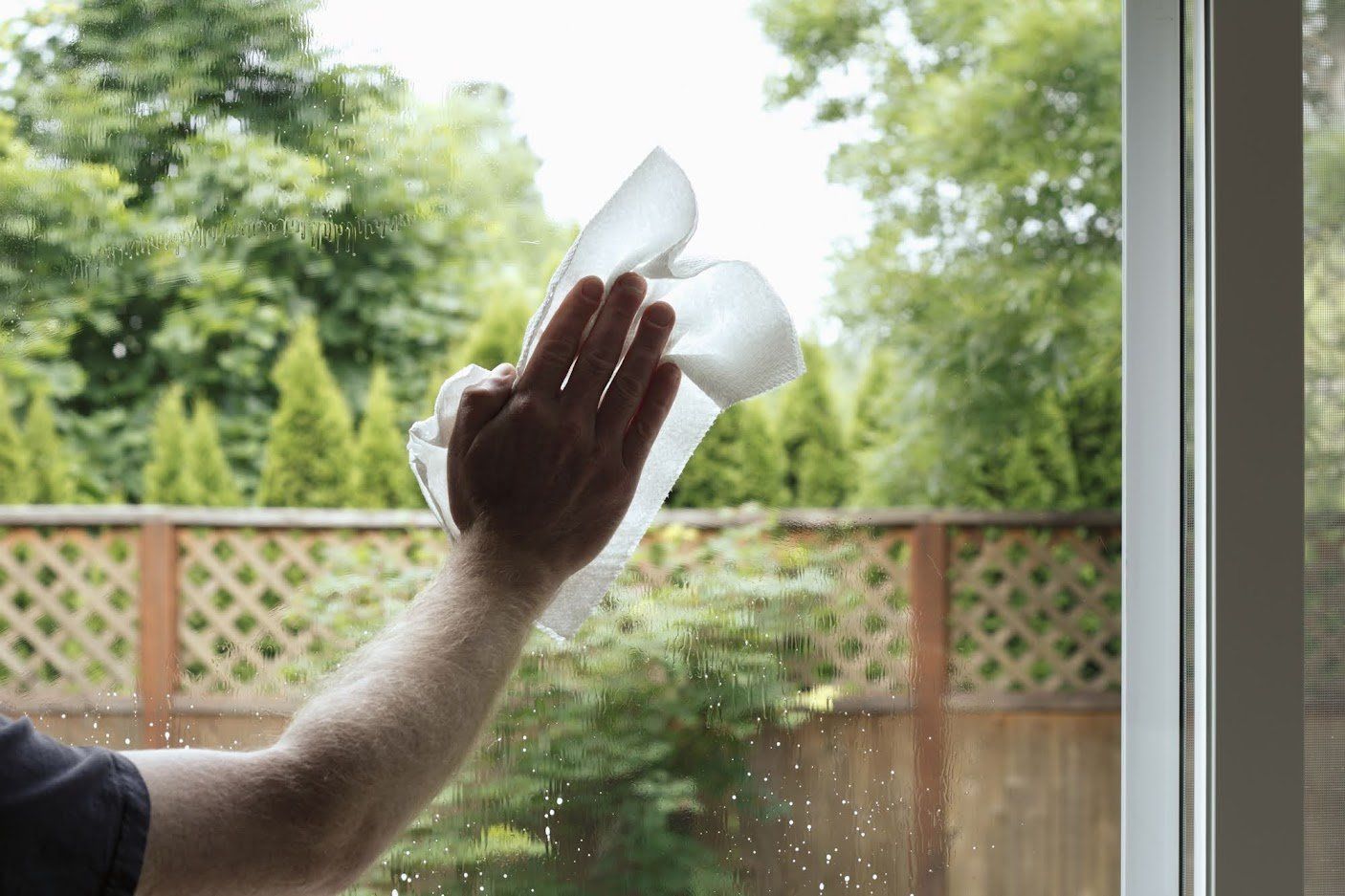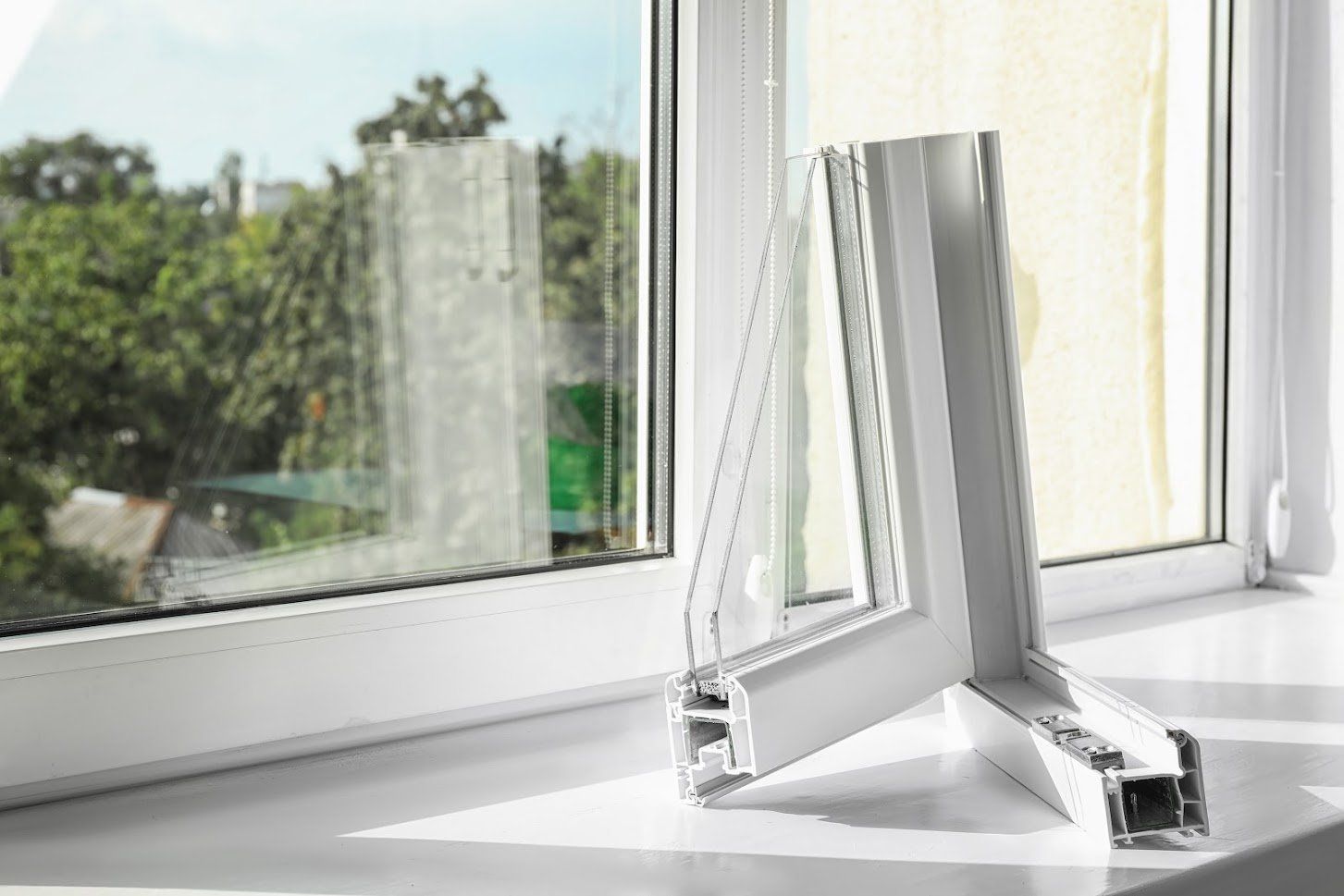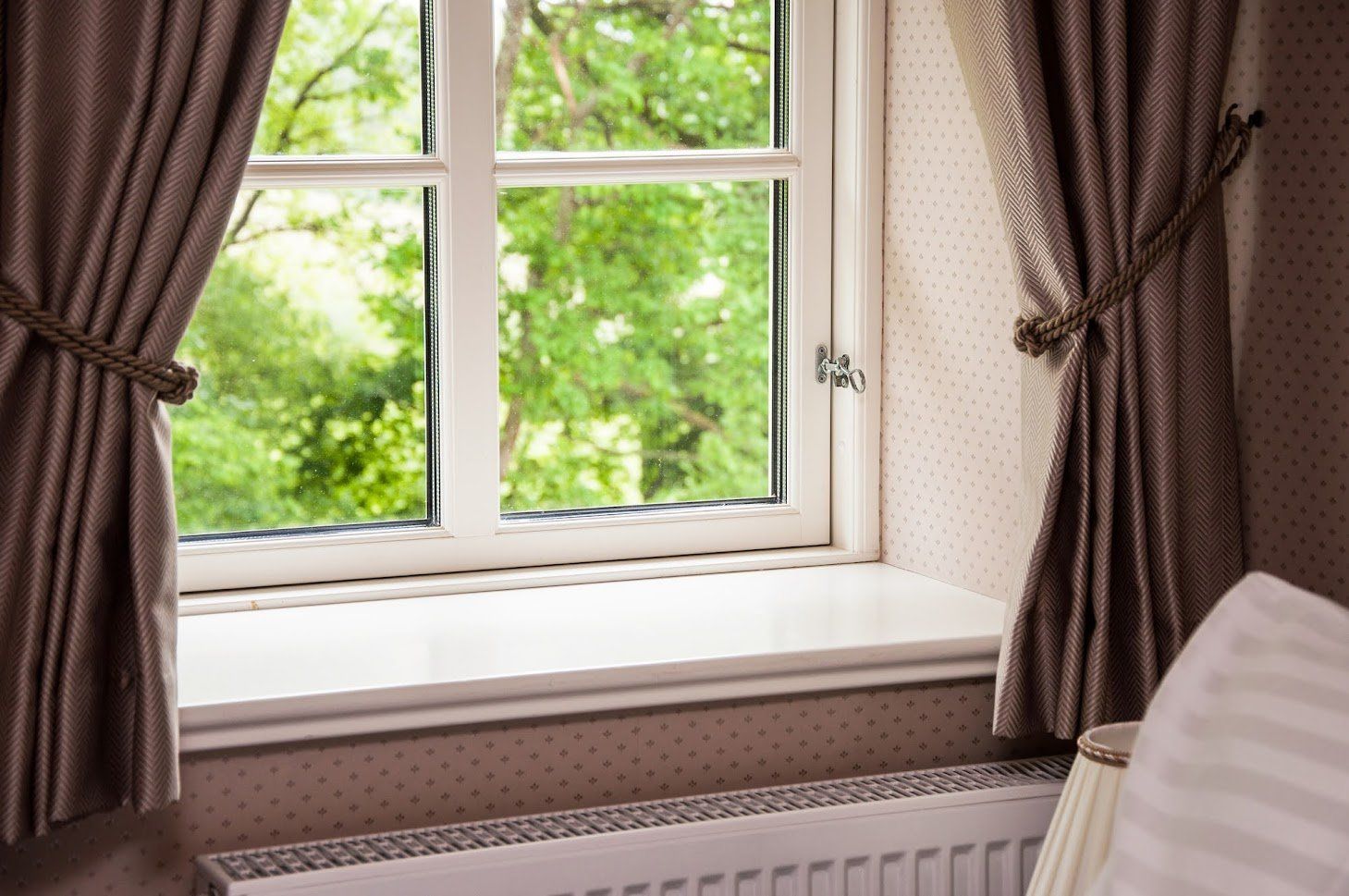Everything You Need to Know About U-Factors
Admin • December 1, 2020
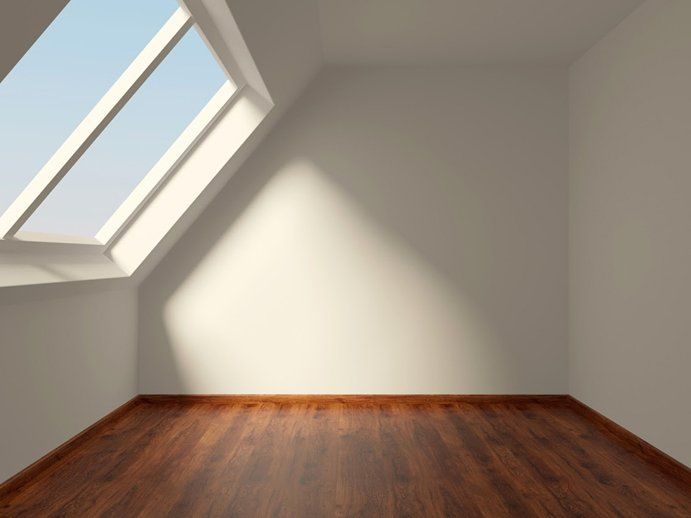
Is U-factor important? You're ready to replace your home's windows. But you aren't sure which option to choose. Before you buy replacements, take a look at everything you need to know about windows and U-factor.
What Is the U-Factor?
The U-factor is window terminology that may seem like industry jargon. Even though it's commonly used in the glass, construction, and building material industries, this term is something every homeowner (or every homeowner who plans to replace their home's windows) should understand. U-factor is:
- A rating system. All windows are not created equal. As you work your way through the sales and purchasing processes, you'll need concrete factors or facets to compare. The U-factor is one type of glass/window rating to consider.
- A measure of the energy efficiency. The U-factor measures the rate of heat transfer through the glass or from one side of the window to the other. This includes heat losses in the winter and gains in the summer. Both winter and summer losses and gains impact overall efficiency.
- A number. U-factor values range from 0.20 to 1.20.
All windows have a U-factor. The window contractor can provide you with each replacement's U-factor information, or you can find the value listed on the National Fenestration Rating Council (NFRC) marker. Each window should have a NFRC label with the energy performance ratings (U-factor plus the solar heat gain coefficient) and additional performance ratings (visible transmittance and air leakage).
What Is the Best U-Factor?
According to the U.S. Department of Energy, window-related losses or gains account for 25 to 30 percent of home heating and cooling energy use. This makes the U-factor a crucial rating to consider. Again, U-factor values range from 0.20 to 1.20. A lower U-factor is better. A low U-factor window should:
- Have high energy efficiency. Lower U-factor windows hold heat inside the home (during the cold months). The more heat your home holds, the less energy your furnace or other heater uses to keep the interior warm and comfortable.
- Save you money. A low U-factor window's efficiency ability does more than reduce the energy your home's HVAC system uses. It can save you money in home heating- and cooling-related utility costs.
- Save your HVAC system. The less force your HVAC system needs to use, the lower the risk of wear and tear or damage. Low U-factor windows can take some (but not all) of the pressure off your home's heating and cooling system.
The U-factor value doesn't only represent the glass itself. It may also include the glazing and frame. Whether your home only needs new glass or you want to replace the entire window (frame, spacers, and everything else involved), discuss the options with a professional. A qualified window contractor can help you understand the final product's U-factor value and its impact on your home.
What Can Improve Energy Efficiency?
Now that you know what U-factor is and what the best values are, it's time to take the next step and choose replacement windows. To get the most value for your investment, select an energy efficient window with:
- Low U-factor. With the new knowledge you have, read the NFRC label and select an energy-efficient model with a number near 0.20.
- Other energy efficiency ratings. Look for a low solar heat gain coefficient (rated zero through one), a high visible transmittance number (rated zero through one), and a low air leakage measure.
- Multiple panes and insulation. A single-pane window won't do much to insulate your home. Choose a multiple (two or more) pane window with gas sandwiched between the glass to maximize energy efficiency.
Along with the window's U-factor and other related values, the installation can play a role in the overall energy efficiency. A poorly installed, low U-factor window may leak air, reducing the ability to insulate your home. Only a qualified window contractor should install your home's replacements.
Do you need replacement windows? Contact Bob's Glass
for more information.

